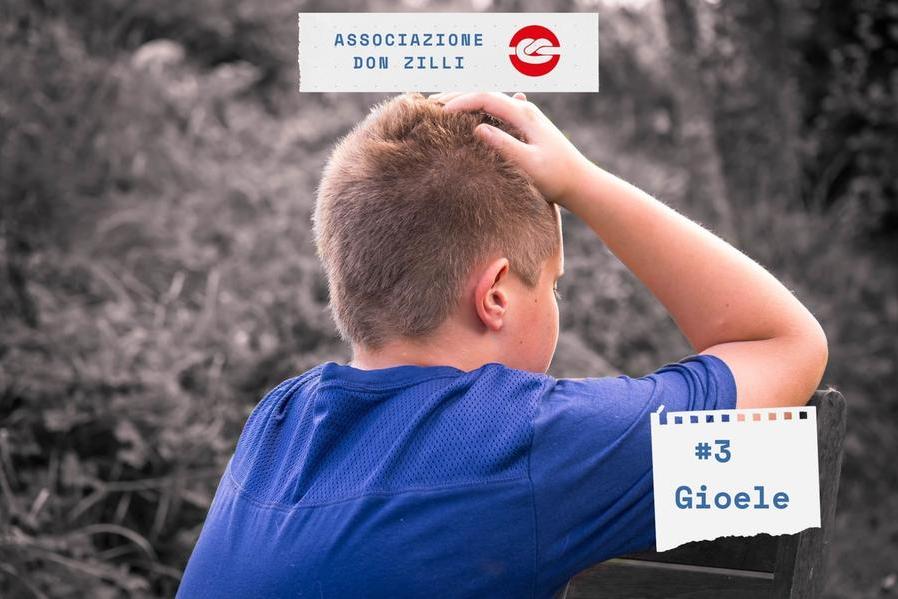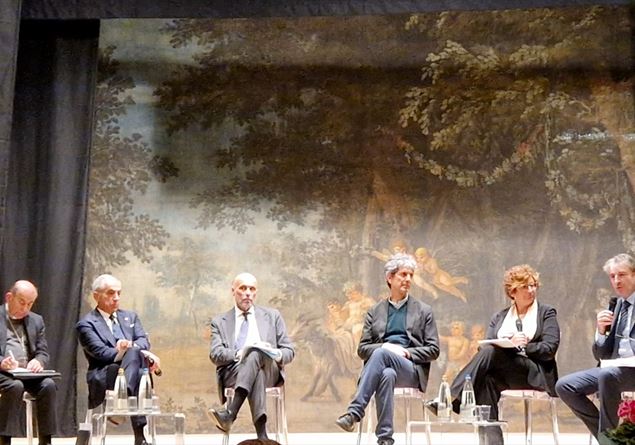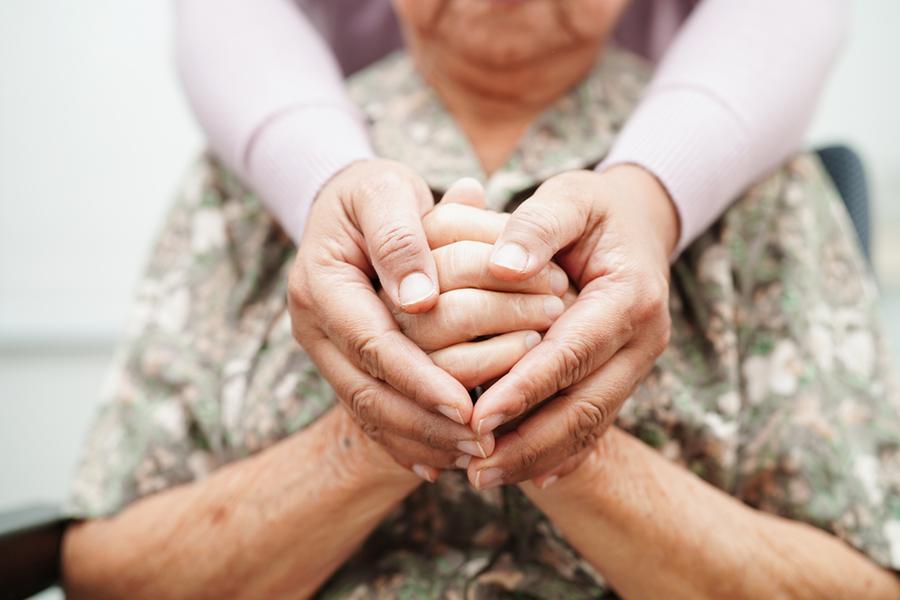Dependence. A word with a very broad and always dangerous meaning. From drugs to excessive use of social media, to gambling. But at the same time a concept that many young people welcome as the only lifeline, to fight their inner demons and the difficulties of life. On the other hand, adults are often in a certain sense the main causes of youth addictions and are incapable of ensuring that all this does not happen. This is what emerged during the event entitled “Youth addictions: between contrast, educational challenges and shared responsibilities”, held on Tuesday evening in the beautiful setting of the Villa Reale theater in Monza. The meeting, for which the diocese of Milan spent a lot of effort organizing, was welcomed and developed by the Monza authorities who organized a round table (moderated by the journalist Milo Infante) to explain the current situation and warn of the main problems.
The Archbishop of Milan, Mario Delpini, focused precisely on the fact of having to be informed: «I think it is necessary to reflect on the gravity of a phenomenon that is now epidemic. We all need to know about the widespread addictions our young people face. Family members and educators are called to do prevention in this sense, building relationships with children based on a sense of responsibility. Adults often leave young people to fend for themselves. The older ones are not always happy to be adults and clearly their children have a hard time wanting to become adults.”
For the Archbishop, therefore, prevention and relationship building are necessary, while repression and punishment are not useful elements: «Repression is ineffective. Incarceration is now a path of failure. The dynamics of detention now make people worse. We need to find a corrective based on constant reintegration into society. And I also think the information is ineffective. Lessons at school against various addictions are inadequate. True wisdom is giving good reasons not to depend, not just because it hurts or because punishment comes. We need to make kids understand that living is worth it. Life deserves to be lived everywhere. At home, at school, at the sports field and even in the oratory, the most suitable place to build solid friendships, which then make people better.”
Monsignor Delpini’s careful examination was echoed by that of Professor Elena Marta (Professor of Social and Community Psychology at the Catholic University and Director of the Research Center on Community Development and Organizational Coexistence – CERISVICO). The teacher also underlined how the actions of adults often influence those of children: «It is clear that more and more young people now prefer to rely on substances and addictions and not on the help of adults and friends. But this happens, in many cases, because we older people do not know how to listen or give answers to their questions for help. Today’s kids all have dreams and ambitions, but they struggle to implement them. They are afraid of making mistakes and disappointing adults, of not being up to the task and are aware of not being able to seize opportunities.” And so Marta issued a warning: «We place a judgmental and stereotyped gaze on young people. Kids give back to us what we give them. They ask us to help them understand the meaning of living and not to be afraid of the future. All this creates great anger in them. A creeping and dormant anger that arises from suffering and is vented with access to substances. We family members and educators are called to accompany them on a path free of inconsistencies. Also making them fall to bring them to maturity, but giving them concrete compasses.”
In the rest of the debate Giuseppe Enzo Spina (Central Director for anti-drug services of the Ministry of the Interior) and Marcello Viola (Milan Public Prosecutor) underlined the increase in the spread of drugs, from cannabis to cocaine to the very dangerous Fentanyl, an increasingly marked phenomenon in Milan and Lombardy and which requires a tight law enforcement network.
Finally, the reflection of the prosecutor of the Juvenile Court of Milan, Luca Villa, who has been in direct contact with young victims of addictions for years: «Our work is beautiful and difficult. We start from the fall of a boy and try to make him understand, with increasing difficulty, the seriousness of a criminal crime. The idea of suffering punishment no longer scares. It strikes me that substance use is widespread among 80% of young people. These young people have a scary routine. They have dinner, smoke a joint, stay on their cell phones until 2 am, in the morning they are unable to go to school and a cycle of social marginalization begins. Some even end up never leaving the house. They become hikikomori, they are addicted to substances and the internet. The concept of “I quit whenever I want” is not so easily implemented. We need to work on change with community placement, to reopen them to sociality by giving them back normal rules. The problem with our kids is that they don’t connect with others. 60% of young people are addicted to devices. And the families are also to blame. Things changed in 2010, when smartphones began to be given to minor children. In 9 years, from 2010 to 2019, we went from 6 to 95 cases of minors mistreating their family members. And this year there are 106. We can no longer pretend nothing has happened.”









